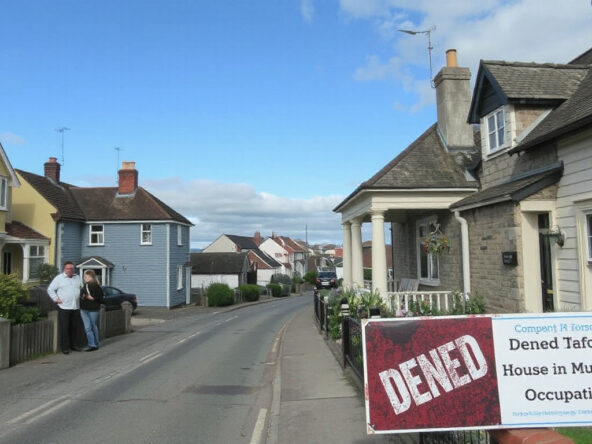Are Yorkshire Councils Cracking Down on Illegal HMOs?
Introduction
In recent years, professional landlords and investors show more interest in Houses in Multiple Occupation (HMOs) in the UK. Over 400,000 HMOs now exist. Yorkshire councils, and North Yorkshire in particular, act to stop illegal HMOs. This article explains new rules, the effect on property owners, and what new investors must think about.
What is an HMO?
The Housing Act 2004 sets the rules for an HMO. An HMO is a property that many unrelated tenants share. Tenants share areas like the kitchen and bathroom. If three or more persons from different households live together, the property counts as an HMO. When five or more tenants live in an HMO, a license is required in England. This rule helps keep homes safe and up to law.
For more context on HMOs and their rules, check out Blacks Solicitors.
Why Are Councils Cracking Down?
Yorkshire councils act with care on HMOs. They work in these ways:
-
Council Tax Revenue
Councils need to watch properties so they can collect the right tax. -
Community Impact
Many HMOs can change the face of a neighbourhood. This raises worries about local services and rent costs. -
Legal Compliance
Landlords must follow the law. Without a license, a landlord faces heavy fines and legal action.
In York, the city works hard on HMO rules. York has published a planning document that targets clusters of HMOs. This work comes as a direct answer to local worries about overcrowding and rising costs.
Recent Developments in Yorkshire
Since April 1, 2023, York uses stricter rules for HMOs. Eight wards must get both a basic and an extra license when three or four tenants from different households share a home. Some councils, like Bolton, even restrict the number of HMOs. They use planning rules and different council tax rates to slow the licensing process.
This shift shows a wider change in the UK. Many councils now see strict HMO oversight as a way to keep housing in good shape and support a healthy community.
Key Considerations for HMO Owners
Understanding Licensing Requirements
HMOs come in many forms, such as shared flats or converted houses. Each size of HMO must meet local license rules. Licenses last no more than five years and check that safety rules are met. The license links directly to the person who runs the property and cannot move to someone else.
Securing Planning Approval
Before changing a property into an HMO, think about planning rules. Big HMOs that host seven or more tenants need planning consent when their use changes. Not meeting these rules can lead to high legal costs.
Seeking Legal Expertise
If you plan to buy an HMO or need to learn your duties, talk to a residential property law expert. A legal specialist can guide you as HMO rules keep changing.
Conclusion
Yorkshire councils focus on HMO rules. They work to keep homes safe, support communities, and improve living conditions in the private rental sector. For investors, knowing these changes and what they mean is very important. Being aware of licensing and planning rules helps you run your property the right way.
To stay informed on HMO rules and the latest property law news, connect with trusted legal services and check for updates often.
Sources:
For more insights and updates on property law, consider subscribing to legal newsletters and speaking with property law experts.



